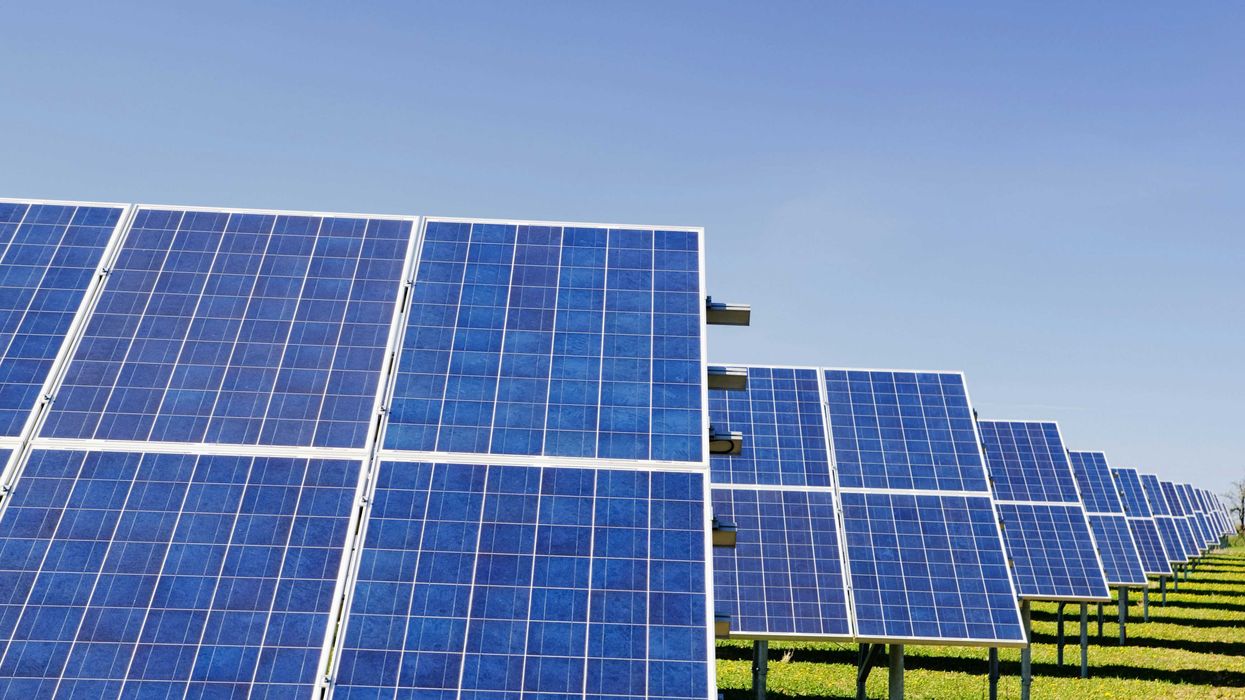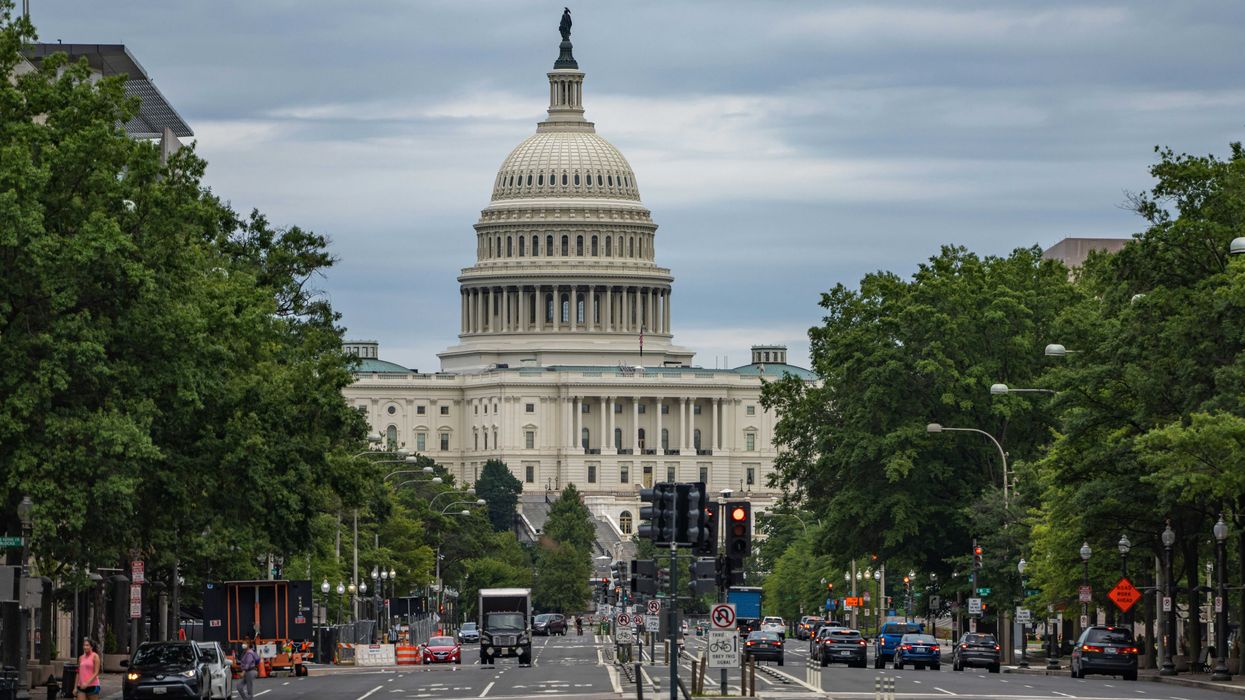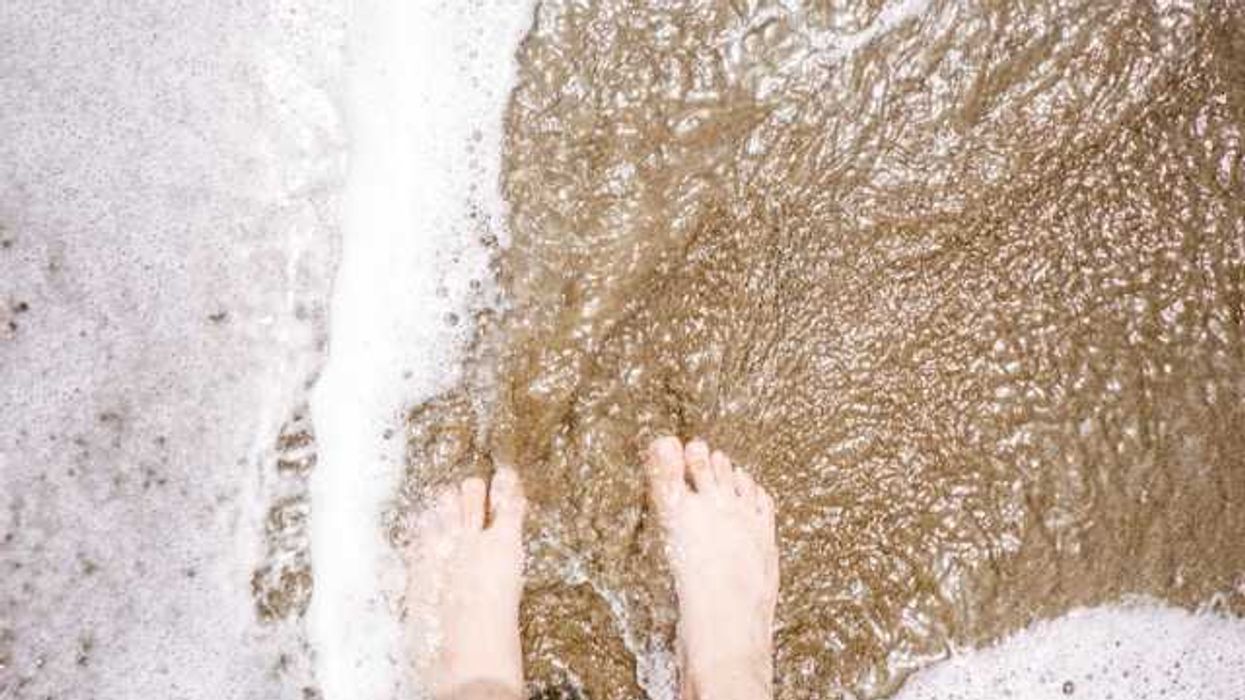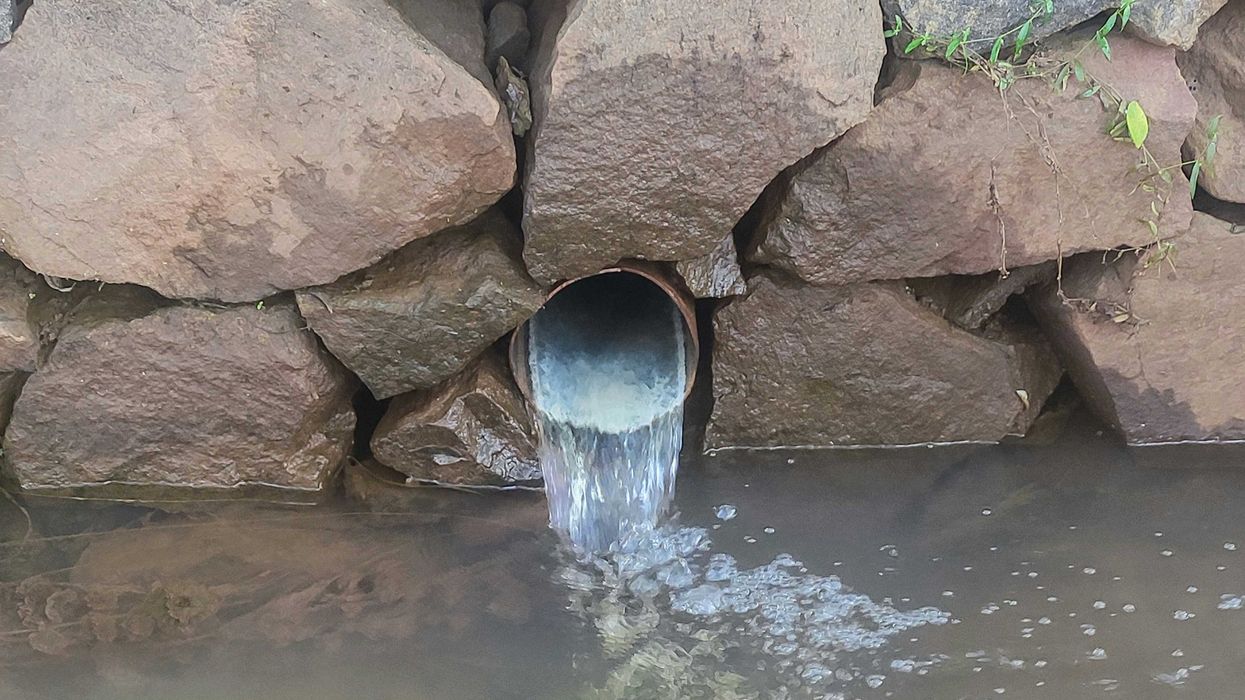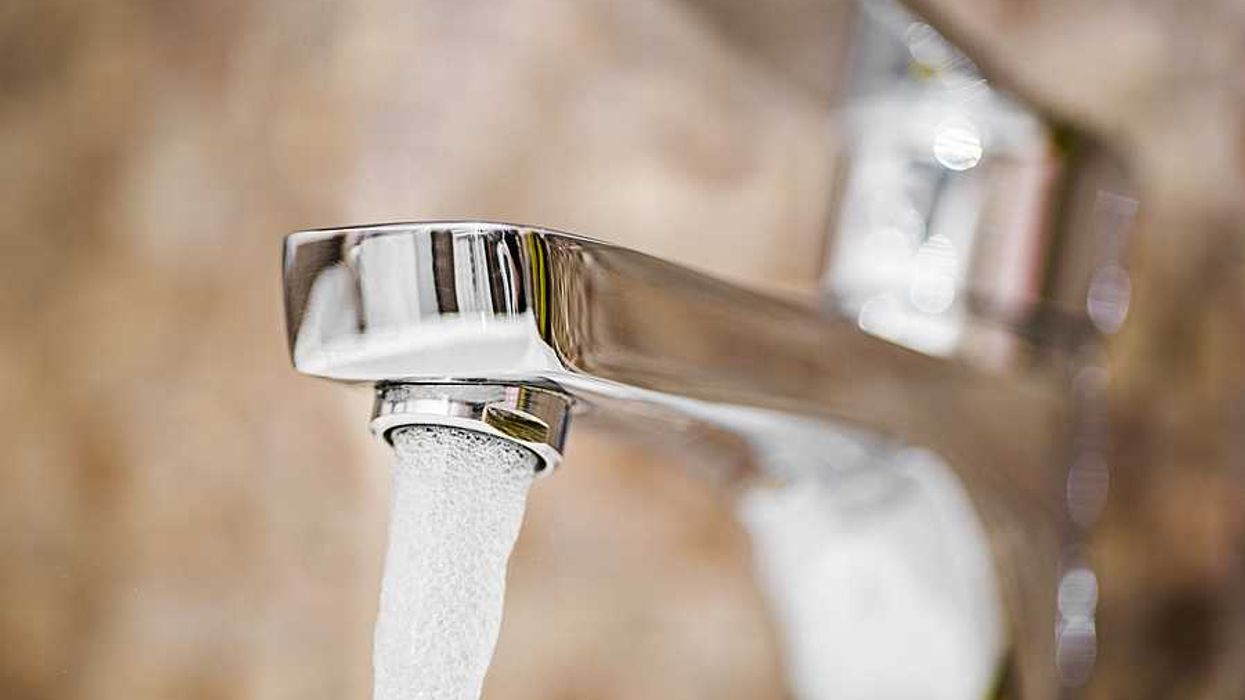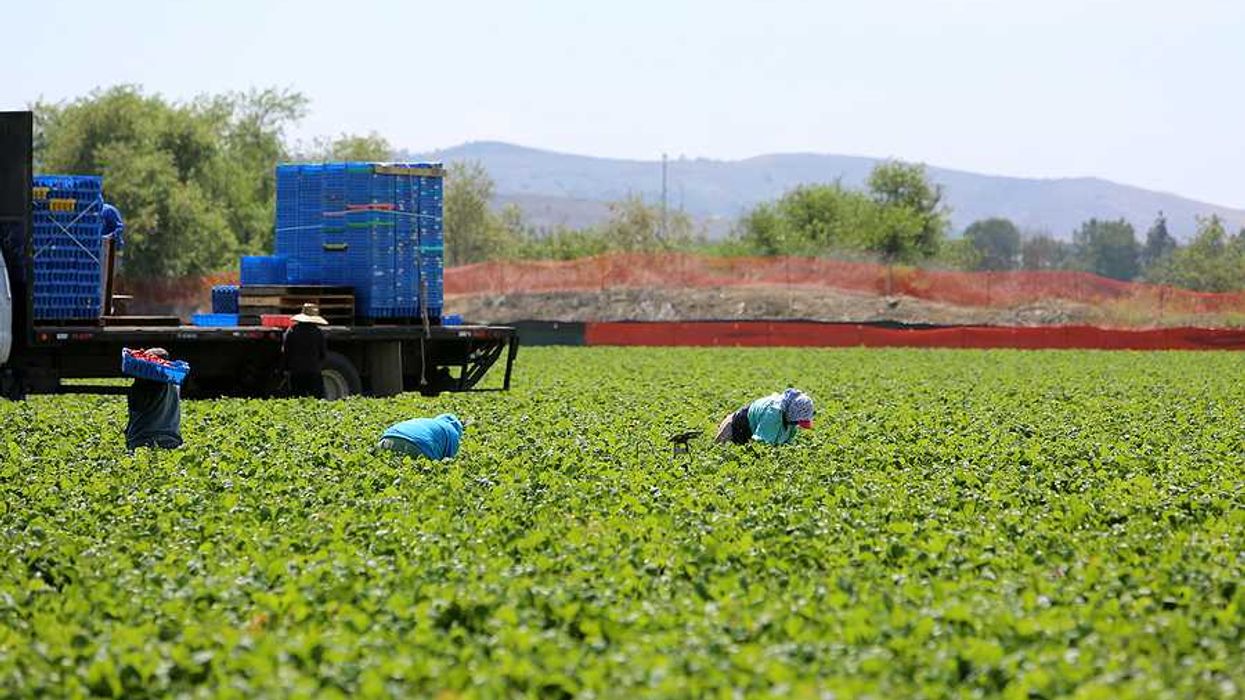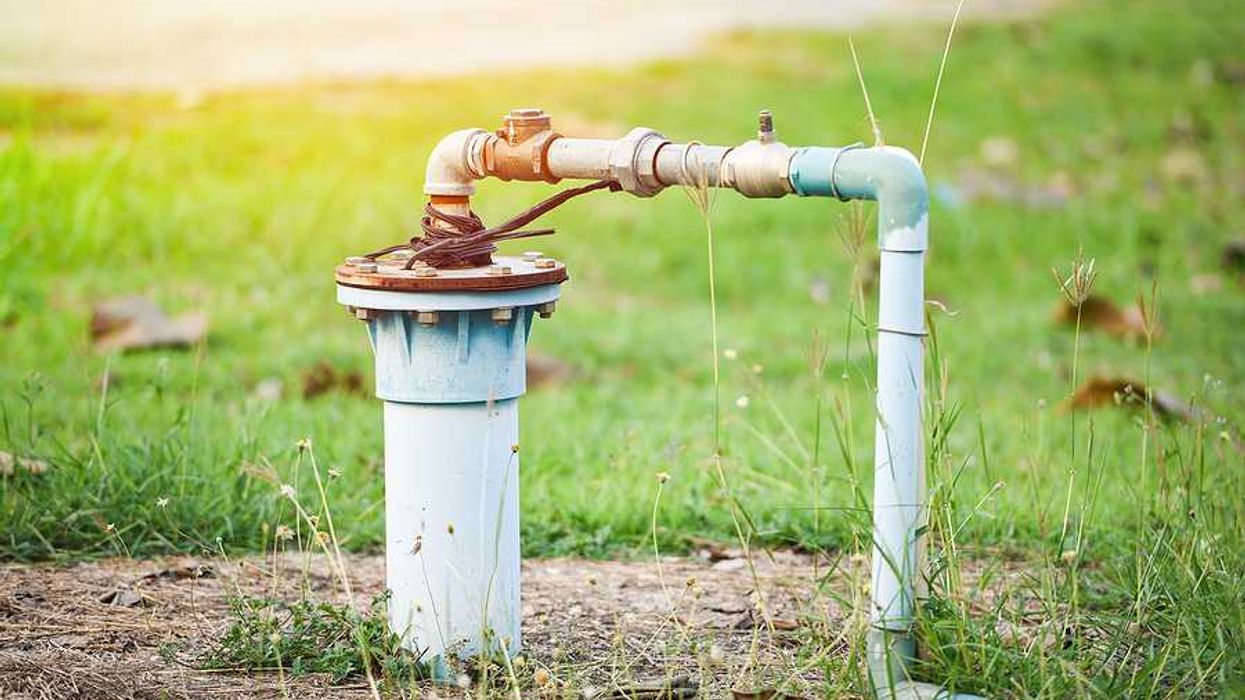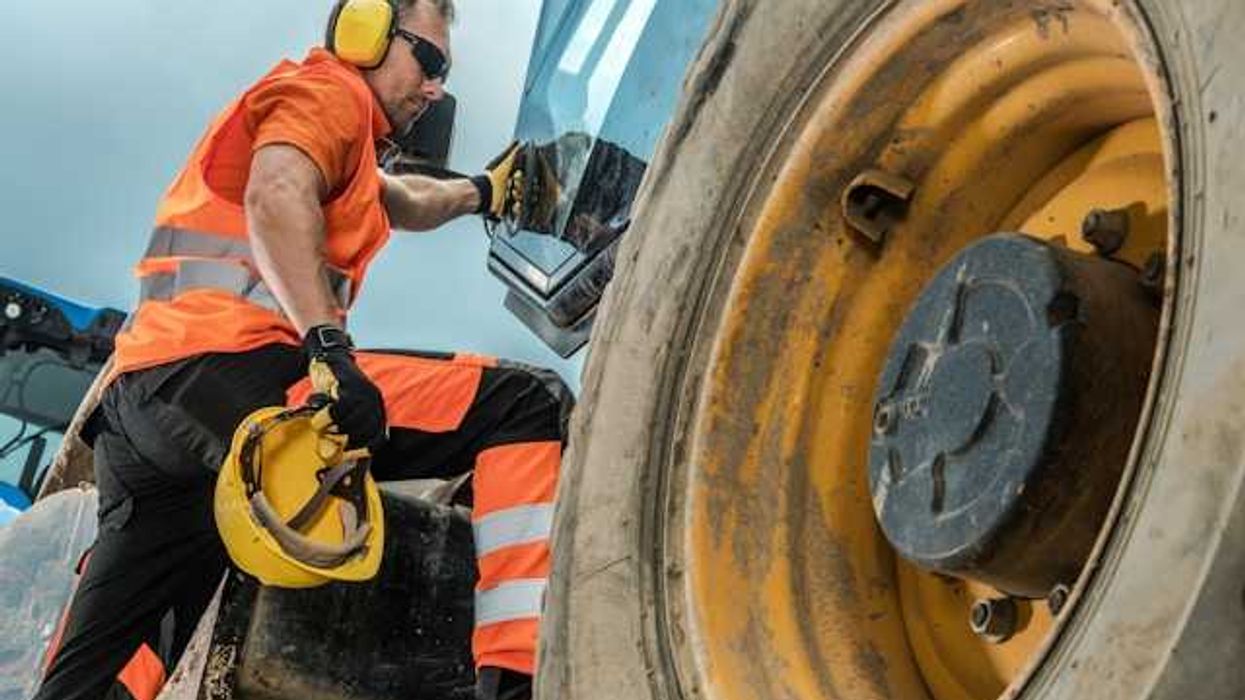Residents of Topanga Canyon are protesting the U.S. Environmental Protection Agency's decision to use a beachfront site for sorting hazardous waste from wildfire-damaged homes, arguing it threatens the environment and disregards Indigenous heritage.
Victoria Clayton reports for The Guardian.
In short:
- The EPA set up a hazardous waste sorting site in Lower Topanga, near the ocean, to process materials like paint, solvents, and lithium-ion batteries from wildfire-ravaged homes.
- Local residents, including environmental activists and Indigenous advocates, objected, citing risks to water quality, wildlife, and cultural heritage.
- After mounting pressure, the EPA relocated lithium-ion battery processing to another site but continues using Topanga for other waste.
Key quote:
“This is a public health thing but it’s also about the economy. So many communities around here rely on tourism that the coastline brings. You don’t sort toxic debris at the beach.”
— Bonnie Wright, actor and environmental activist
Why this matters:
Sorting hazardous waste near sensitive coastal areas poses risks of contamination, especially during storms that could spread pollutants into the ocean. Lithium-ion batteries contain toxic metals and are highly flammable, raising concerns about fire hazards and water pollution. Residents also argue the decision disregards Indigenous history and local input, highlighting broader tensions over environmental justice and community representation.
Read more: EPA's wildfire debris cleanup plan sparks backlash in Los Angeles


